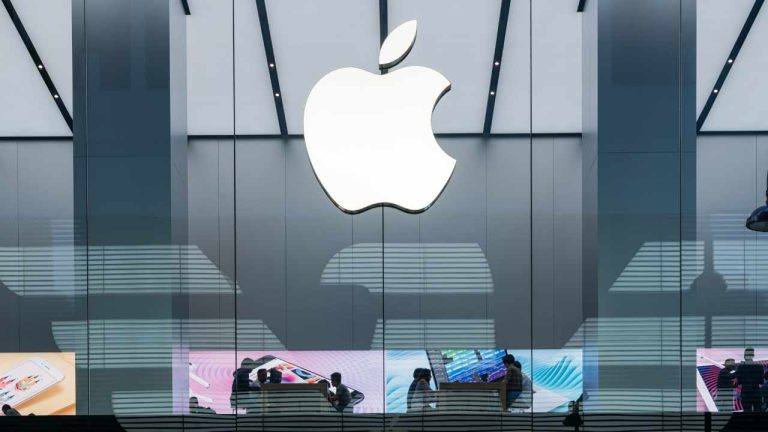Apple Shielded From Crypto Wallet App Lawsuit, Judge Rules

A federal choose in California has dominated that Apple Inc. is shielded from the “Toast Plus” class motion lawsuit the place a faux crypto pockets app was accessible within the Apple App Store. A buyer sued the tech large after downloading the fraudulent app and misplaced some crypto.
Apple Not Liable for Loss After Customer Downloaded Fake Crypto App
Judge Phyllis J. Hamilton of the U.S. District Court for the Northern District of California has dominated that Apple Inc. just isn’t liable in a category motion lawsuit the place a fraudulent cryptocurrency pockets app was accessible for obtain on the corporate’s app retailer, Bloomberg reported Tuesday.
Plaintiff Hadona Diep, a crypto investor, accused Apple of internet hosting a fraudulent cell software that mimics Toast Plus, a legit XRP pockets app. The faux app had an analogous title and brand to its reliable counterpart. She filed a class action lawsuit towards the Tech large in Maryland federal court docket in September final yr; the case was transferred to the Northern District of California in December.
The lawsuit explains that in January 2018, the plaintiff downloaded the faux app from the Apple App Store and used it to provoke a switch of roughly 474 XRP cash from the crypto change Bittrex to a Rippex pockets.
Rippex shut down in February 2018 however the plaintiff may nonetheless entry her cash from different wallets. The plaintiff then “linked her personal XRP key, or a seed phrase, into Toast Plus in March of 2021.” However, when she checked her Toast Plus account in August 2021, she found that her account was deleted in March 2021 and her deposited XRP cash had been nowhere to be discovered.
Diep claimed to have sustained greater than $5,000 in damages on account of Apple internet hosting the fraudulent crypto pockets app. Her co-plaintiff Ryumei Nagao claims that he misplaced $500,000.
Judge Hamilton agreed with Apple that the tech firm can’t be held accountable for the faux app. Apple is immune underneath Section 230 of the Communications Decency Act as a result of it’s thought-about a writer of the content material supplied by one other content material supplier, not a creator, in accordance with Hamilton’s Sept. 2 ruling.
The choose additionally agreed with Apple that Diep didn’t efficiently plead claims underneath each California’s and Maryland’s Consumer Privacy Acts as a result of she didn’t allege particular particulars of the time, place, and content material of the alleged false representations.
Moreover, Diep’s claims have to be dismissed as a result of underneath Apple’s phrases and circumstances, the corporate just isn’t accountable for damages arising out of or associated to the usage of third-party apps, the ruling particulars.
Do you suppose Apple ought to be accountable for the loss suffered by the shopper? Let us know within the feedback part under.



